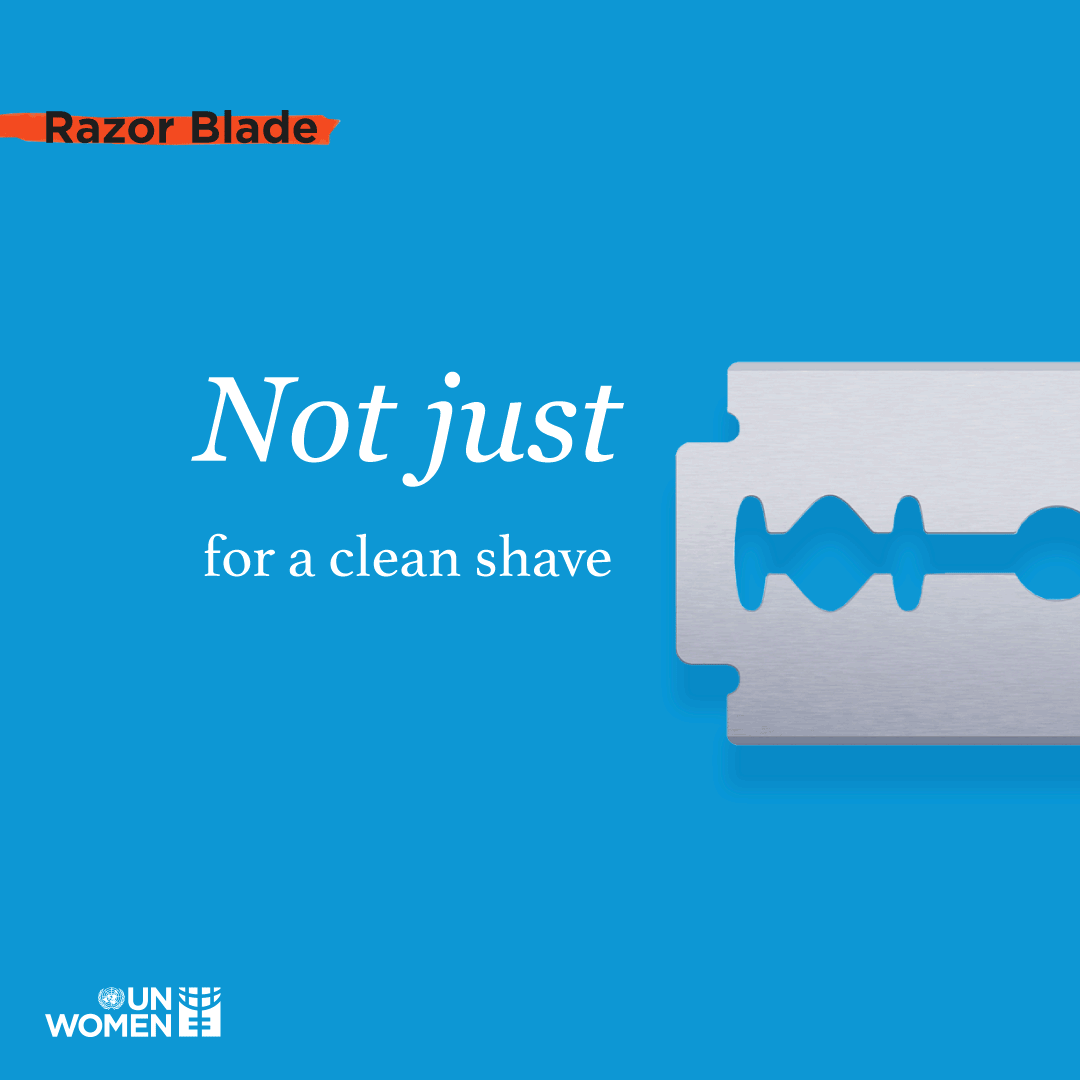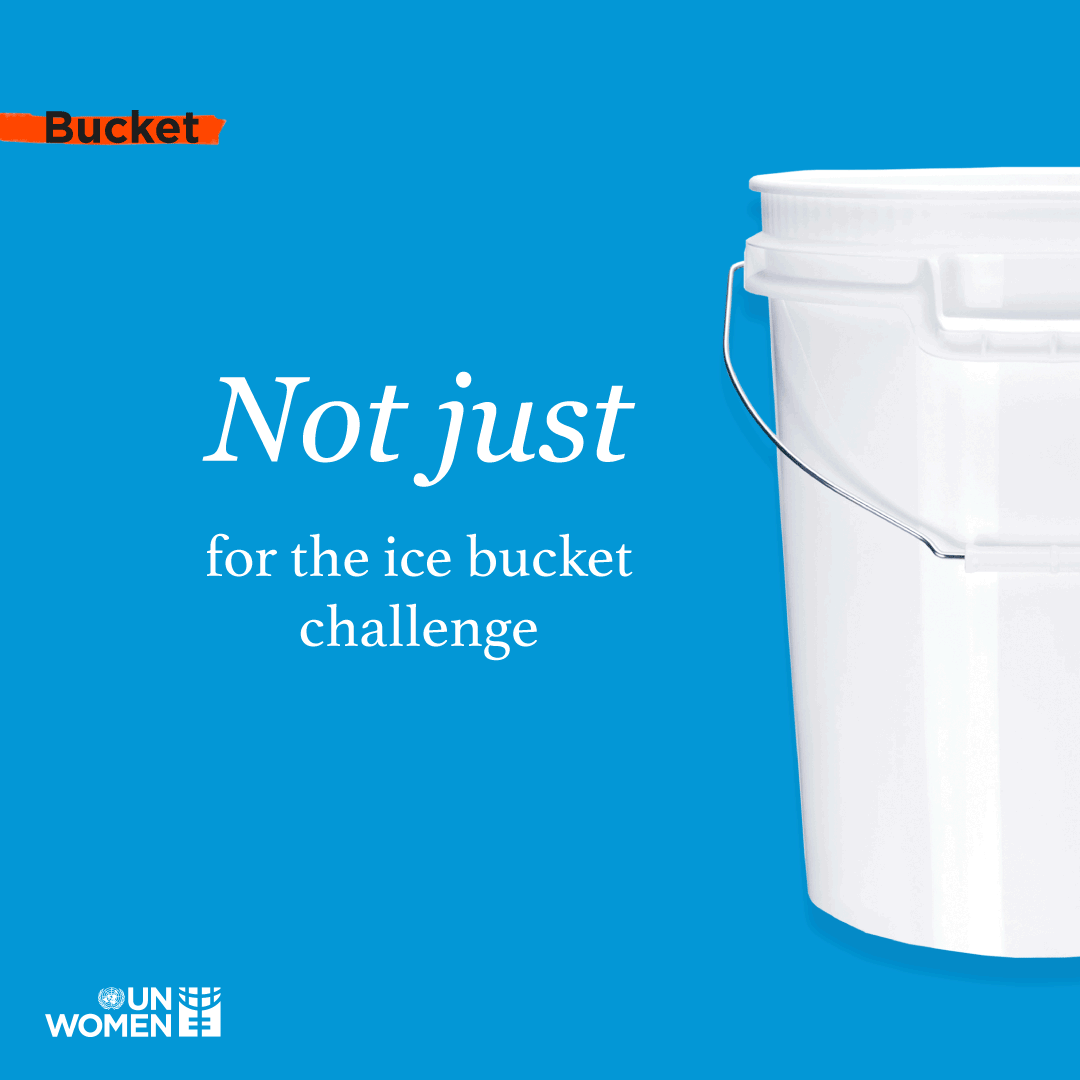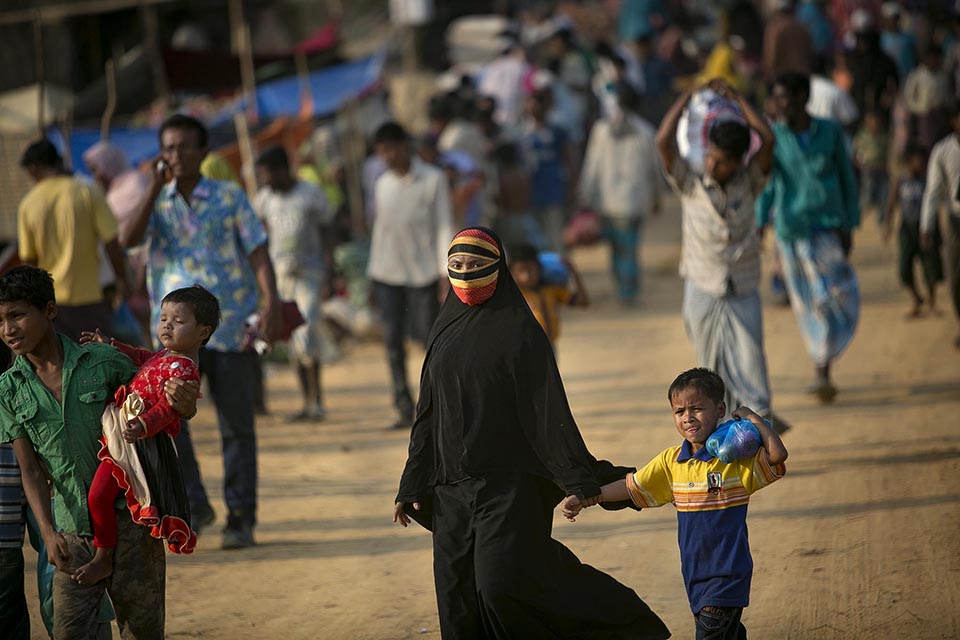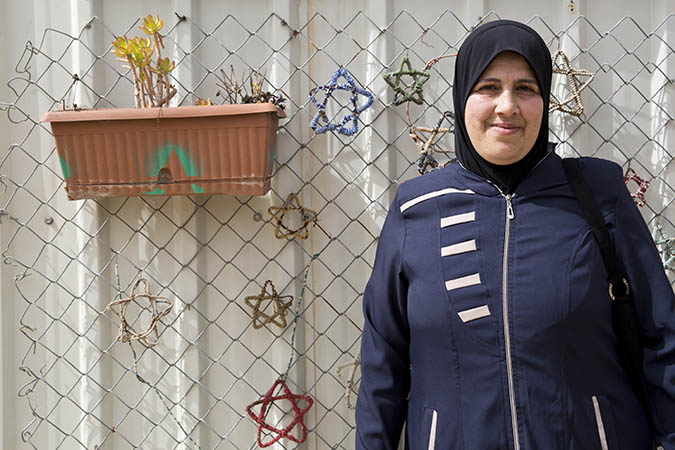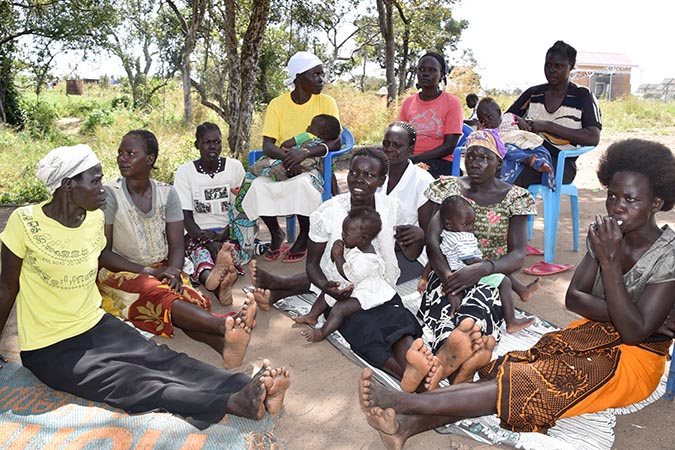In focus: World Refugee Day 2018
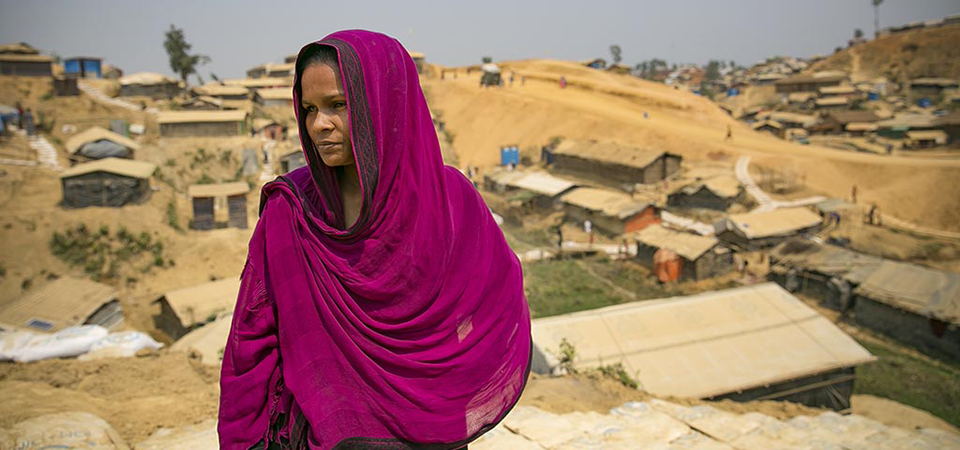
Infographic | Video | Photo essay | Top stories | Social media | Take action
World Refugee Day is on 20 June. There are 22.5 million refugees around the world today, and half of them—some 11 million—are women and girls.
UN Women Statement for World Refugee Day 2018
On World Refugee Day, UN Women calls on the global community to ensure that the global compact on refugees provides the services, protection and resources that all refugees need, addressing the rights of all. Read more►
The average length of displacement is now 17 years or more, with entire generations born and raised in refugee camps, and spending a significant portion of their lives as refugees.
Humanitarian action needs to offer long-term solutions that protect and advance women’s rights, provide opportunities that help them thrive, and shape equal, just and more peaceful societies.
UN Women works with millions of people who have left their homes, loved ones and life as they knew, fleeing violence, persecution or disasters. We stand #WithRefugees.
Join us in supporting refugee women and girls around the world in their journey to safer futures.
Six essential objects for refugee women and girls
Today, 50 per cent of refugees uprooted from their homes from conflict, persecution or natural disasters are women and girls. Take a look at some of the objects that give women and girls agency and secure their health, dignity and rights. See more►
Video: A Syrian refugee in Lebanon – UN Women’s second virtual reality film
On World Refugee Day, step into the world of urban refugees, and follow one family as they navigate their new reality after a harrowing flight from Syria.
Photo essay: "I want to live in peace"
Rohingya women in Bangladeshi refugee camps, the scene of one of the world’s fastest growing crisis, share stories of loss and hopes of recovery. Read more►
More stories
From where I stand: “Always rely on yourself”
Maha Aasi Emm Ala’a, a Syrian refugee, came to the UN Women-run women’s centre in Jordan’s Za’atari refugee camp with severe depression after her husband passed away. She received counseling and found work through the cash-for-work programme. The women’s centres are building women’s resilience and empowering them as leaders, workers and entrepreneurs. Read more►
Resilient and empowered, South Sudanese refugee women find new beginnings in Uganda
More than one million South Sudanese refugees have crossed over the border into Uganda since 2013. Along with immediate assistance, they need long-term support, including therapy to cope with trauma and opportunities to earn a living. UN Women-supported therapy groups in one refugee settlement have helped women come together, heal and discover new beginnings. Read more►
Social media
Help us raise awareness about the needs and realities of women refugees! Show the world that you stand #WithRefugees via our social media kit that can be found here, available in English, Spanish and French.
Tweet #WithRefugeesTweet #WorldRefugeeDayFollow us
@un_women, @onumujeres, @onufemmes, @sayno_unite, @phumzileunwomen on Twitter
UN Women, ONU Mujeres, ONU Femmes, Say NO - UNiTE on Facebook
UN Women and Say NO – UNiTE on Instagram
unwomen on Snapchat
UN Women on Google+
UN Women on LinkedIn
UN Women on Pinterest
